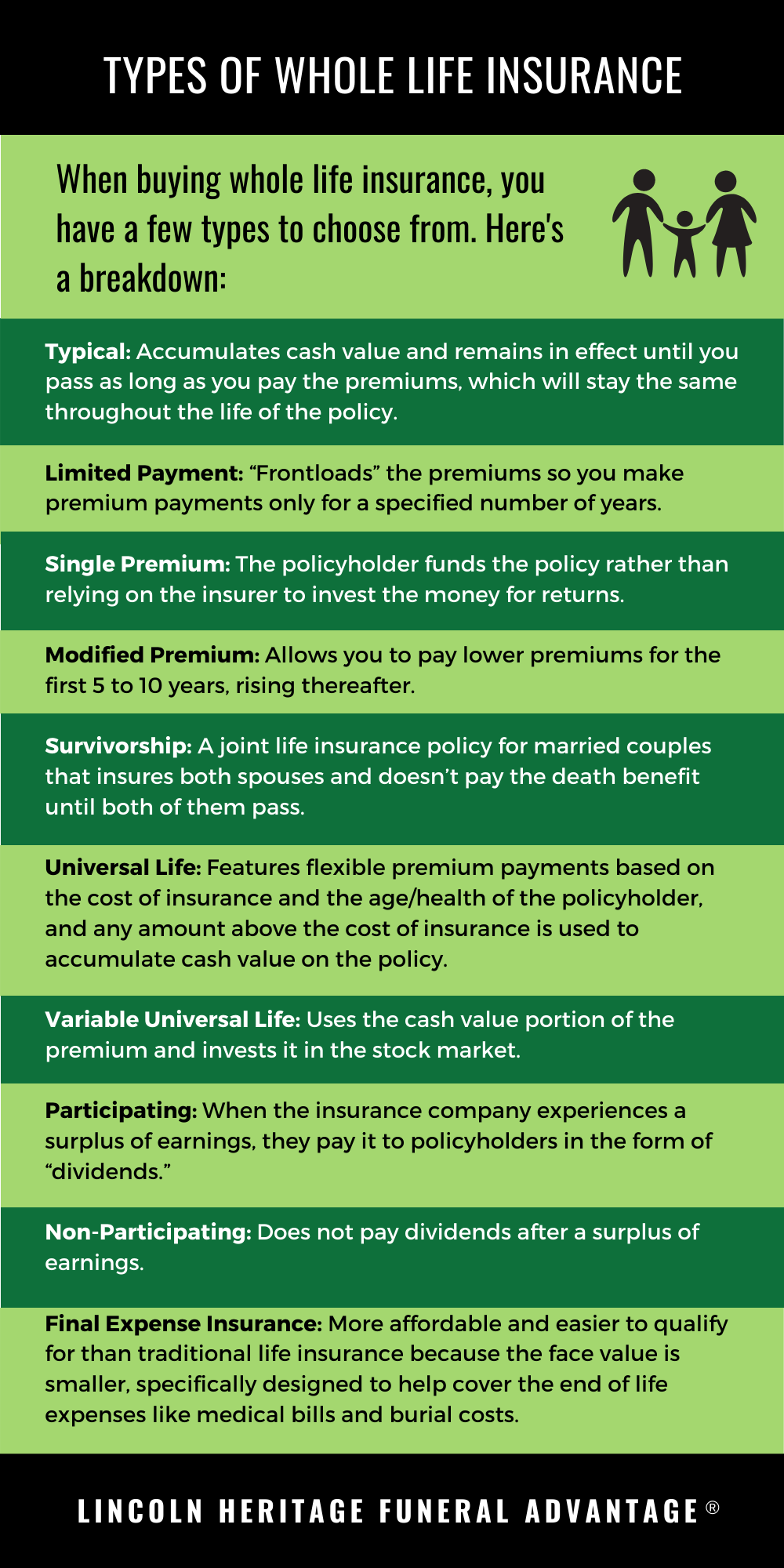What To Do When Injured in a Car Accident
If you find yourself injured after a car accident, it’s crucial to stay calm and act quickly. Time is of the essence, especially if there are life-threatening injuries involved. Here’s a step-by-step guide on what to do when involved in an auto accident.
Assessing the Situation
It may sound like a no-brainer, but in the aftermath of a car accident, staying calm can be extremely difficult. However, it’s paramount to maintain a level head to make the right choices for your safety and well-being. Once you’ve gathered your wits, the next step is to check for any injuries, both on yourself and your passengers. Don’t just assume you’re okay; even minor injuries can have serious long-term consequences if left untreated. If you suspect any injuries, no matter how slight, seek medical attention as soon as possible.
After checking for injuries, take a moment to look around and ensure your safety and the safety of others. If you’re able to move without causing further pain, exit your vehicle if possible. It’s best to avoid the accident scene until the authorities arrive. Move to a safe location alongside the road or sidewalk, away from any potential hazards.
If you’re unable to move, stay inside your car and try to remain calm. Draw attention to your vehicle by turning on your hazard lights or honking your horn. If possible, use your mobile phone to call for emergency services. Clearly explain your situation and give them your exact location. Stay on the line with the operator until help arrives.
What to Do When Injured in a Car Accident
Being involved in a car accident can be a frightening and overwhelming experience. If you’re injured, it’s important to know what to do to protect your health and legal rights. Here’s a step-by-step guide to help you navigate the aftermath of a car accident:
**
Seeking Medical Attention
If you have any injuries, no matter how minor they seem, it’s crucial to seek medical attention as soon as possible. Even seemingly insignificant injuries can worsen over time, and it’s better to be safe than sorry. Call 911 immediately if you or anyone else involved in the accident has serious injuries. Otherwise, seek medical attention promptly.
Remember, adrenaline can mask pain, so don’t ignore any discomfort you may be feeling. It’s also important to get a medical evaluation to document your injuries and create a record of your condition. This will be helpful for insurance purposes and if you need to file a legal claim later on.
When you see a doctor, be sure to provide a detailed account of the accident and your injuries. Don’t downplay your symptoms or try to be tough. The more information you give, the better the doctor will be able to assess your condition and provide the appropriate treatment.
If you’re not sure whether you have any injuries, it’s still a good idea to get checked out by a doctor. They can perform tests to rule out any hidden injuries and give you peace of mind.
What to Do When Injured in a Car Accident
Being involved in a car accident can be a traumatic experience, and it’s easy to feel overwhelmed in the aftermath. However, knowing what steps to take can help you protect your rights and ensure you receive the necessary medical attention and compensation. Here’s a comprehensive guide on what to do if you’ve been injured in a car accident:
Reporting the Accident
Contact the police and file an accident report, regardless of the severity of the accident. The police report will serve as official documentation of the incident and provide valuable information for insurance companies and legal proceedings. Be sure to provide accurate and detailed information about the accident, including the time, location, and any witnesses present.
Seeking Medical Attention
Seek medical attention as soon as possible, even if you don’t feel like you’ve been seriously injured. Some injuries, such as concussions or internal bleeding, may not manifest symptoms immediately. A medical examination will help diagnose any injuries and ensure you receive appropriate treatment. Keep all medical records and bills for documentation purposes.
Exchanging Information
Exchange information with the other driver(s) involved in the accident. This includes names, addresses, phone numbers, insurance information, and license plate numbers. If possible, take photos of the accident scene, including any damage to vehicles and injuries. These records will help establish fault and support your insurance claim.
Hiring an Attorney
If you’ve suffered significant injuries or the other driver is disputing fault, consider hiring an attorney. An experienced personal injury lawyer can guide you through the legal process, protect your rights, and maximize your compensation. They can negotiate with insurance companies, file lawsuits, and represent you in court if necessary.
Protecting Your Health
Follow your doctor’s instructions carefully after the accident. Attend all appointments, take prescribed medications, and rest as directed. Failure to adhere to your treatment plan can worsen your injuries and jeopardize your recovery.
What to Do When Injured in a Car Accident: A Comprehensive Guide
If you find yourself injured in a car accident, the aftermath can be overwhelming. Beyond the physical pain and trauma, there are legal and financial implications to consider. Knowing what to do can help you protect your rights and ensure a smoother recovery. Here’s a comprehensive guide to guide you through the immediate steps you should take.
Documenting the Scene
The moments following an accident are crucial for gathering evidence that can support your claim. Don’t let the adrenaline rush cloud your judgment; here’s what you need to do:
-
Take Photos: Capture images of the accident scene, including the damage to your vehicle, the other vehicles involved, and any visible injuries.
-
Exchange Information: Get the names, phone numbers, insurance information, and driver’s license numbers of all parties involved.
-
Obtain Witness Statements: If there are any witnesses to the accident, ask for their names and contact information. Their statements can provide valuable perspectives.
-
Call the Police: Reporting the accident to the police creates an official record of the incident and can help strengthen your case. Be sure to provide a detailed account of what happened and exchange information with the responding officer. If there are serious injuries or fatalities, it’s essential to contact emergency services immediately.
-
Seek Medical Attention: Even if you don’t feel injured, it’s crucial to get checked out by a medical professional. Some injuries, like whiplash, may not manifest themselves immediately. Prompt medical attention ensures any injuries are documented and treated promptly.
What to Do When Injured in a Car Accident
A car accident can be a traumatic experience, and it’s easy to feel overwhelmed in the aftermath of one, especially if you’re injured. However, knowing what steps to take can help you protect your rights and get the compensation you deserve, so it’s important to stay calm and follow these steps.
Immediately after an accident, your first priority should be to get yourself and your passengers to safety, if possible. Turn on your hazard lights and pull over to the side of the road, if you can. Check yourself and your passengers for injuries and call 911 if anyone is injured.
Once you’ve called 911, you’ll need to exchange information with the other driver(s) involved in the accident, including:
You should also take photos of the accident scene, including damage to vehicles and any visible injuries. If there are any witnesses, get their names and contact information. Once the police arrive, they will investigate the accident and write a report. You should request a copy of the police report for your records.
Preserving Evidence
It’s important to preserve any evidence related to the accident, including:
Do not discard any of this evidence, as it may be valuable for insurance claims or legal proceedings. Keep the evidence in a safe place and make sure to document the chain of custody. This means keeping a record of who has had possession of the evidence and when.
If you’re injured in a car accident, it’s important to seek medical attention as soon as possible. Even if you don’t think you’re seriously injured, it’s important to get checked out by a doctor to rule out any hidden injuries. Keep a record of all your medical treatment, including doctor’s appointments, prescriptions, and medical bills.
Insurance companies will often try to downplay the severity of your injuries or deny your claim altogether. That’s why it’s important to have a strong case, with plenty of evidence to support your claim. By following these steps, you can protect your rights and get the compensation you deserve.
What to Do When Injured in a Car Accident
We never see an accident coming our way. It strikes out of the blue, leaving victims disoriented and unsure what to do next. When you’re injured in a car accident, it can be scary and confusing, but here are steps to guide you through the aftermath:
Contacting Your Insurance Company
After a car accident, contacting your insurance company is a must. The sooner you report the accident, the sooner they can start processing your claim. When you call your insurance company, they will ask you for information about the accident, including the date, time, location, and other details. They will also ask you for information about the other driver involved in the accident. Be sure to give them as much information as possible so they can start processing your claim right away.
Documenting the Accident
In the aftermath of an accident, it is crucial to document everything. This includes taking photos of the damage to your car, getting the contact information of any witnesses, and writing down everything you can remember about the accident. This documentation will be helpful when you file a claim with your insurance company and can help to support your case if you need to take legal action.
Seeking Medical Attention
If you are injured in a car accident, it is important to seek medical attention as soon as possible. Even if you do not feel injured, it is important to get checked out by a doctor to rule out any hidden injuries. Some injuries may not show up immediately after an accident, so it is important to get checked out to make sure you are okay. If you need time off work or cannot do your usual activities because of the injuries, be sure to get a note from your doctor so you can give it to your employer or insurance company.
Following Up with Your Insurance Company
Once you have reported the accident to your insurance company, they will start processing your claim. They will likely send you a claims adjuster to assess the damage to your car and determine how much your claim is worth. They will also ask you for documentation of your injuries and expenses. Be sure to keep track of all of your medical bills and other expenses related to the accident. This will help you to get the full amount of compensation you are entitled to.
Hiring an Attorney
If you have been seriously injured in a car accident, you may want to consider hiring an attorney. An attorney can help you to get the compensation you deserve and can help you to navigate the legal process. They can also represent you in court if necessary. If you are thinking about hiring an attorney, be sure to do your research and choose an attorney who has experience handling car accident cases.
What to Do When Injured in a Car Accident
If you’ve been injured in a car accident, you may feel overwhelmed and uncertain of what to do. Take a deep breath and remember that you’re not alone. Here’s a step-by-step guide to help you navigate this difficult time.
Stay Safe and Seek Medical Attention
First and foremost, ensure your safety and the well-being of others involved. If possible, move your vehicle to a safe location. Check for injuries and call 911 or seek medical attention immediately. Even if you don’t feel severely injured, it’s crucial to have a medical evaluation to rule out any internal injuries.
Gather Information and Document the Scene
Exchange information with the other drivers involved, including names, contact details, insurance companies, and license plate numbers. Take pictures of the accident scene, the damage to both vehicles, and any visible injuries. Obtain witness statements if possible. Accurate documentation will help support your claims later on.
Report the Accident
Report the accident to your insurance company and the local police. Provide them with detailed information about the incident, including the time, location, and circumstances. Filing a police report will provide an official record of the accident that can be used as evidence.
Obtain Medical Treatment and Keep Records
Follow your doctor’s recommendations and seek necessary medical treatment. Keep a record of all appointments, treatments, medications, and expenses related to your injuries. Accurate documentation will help substantiate your claim for compensation.
Consider Hiring an Attorney
If you’re dealing with serious injuries, disputes with the other driver’s insurance company, or complex legal issues, consider consulting an attorney. An experienced lawyer can guide you through the legal process, protect your rights, and maximize your compensation.
File a Claim with the Insurance Company
Contact your insurance company and the other driver’s insurance company to file a claim for damages. Provide them with the documentation you’ve gathered, including the police report, medical records, and photos of the accident. Keep a record of all communication with the insurance companies.
Negotiate a Settlement
Once your claim is processed, the insurance company may offer you a settlement. Carefully review the offer and consult with your attorney if necessary. Don’t accept the first offer without considering your rights and potential long-term needs.
Follow Up and Monitor Your Recovery
Continue following your doctor’s instructions and attending medical appointments. Monitor your recovery and keep a record of any ongoing symptoms or limitations. Contact your insurance company or attorney if you experience any setbacks or need additional support during your recovery.




Leave a Reply